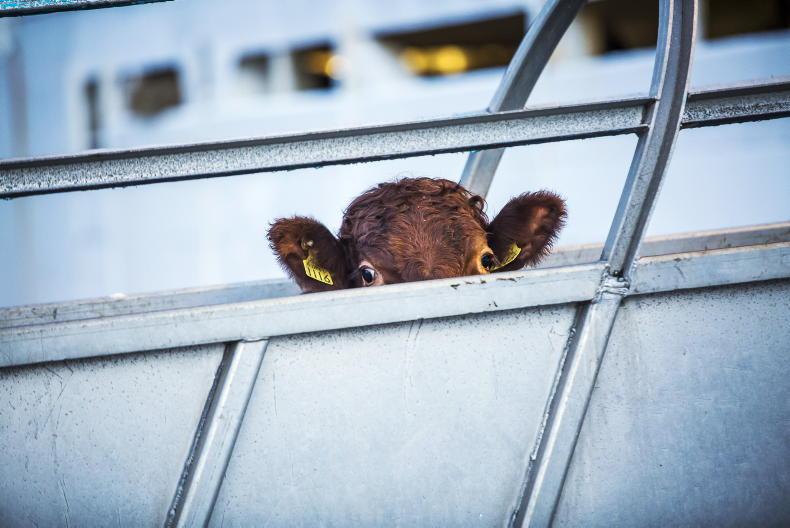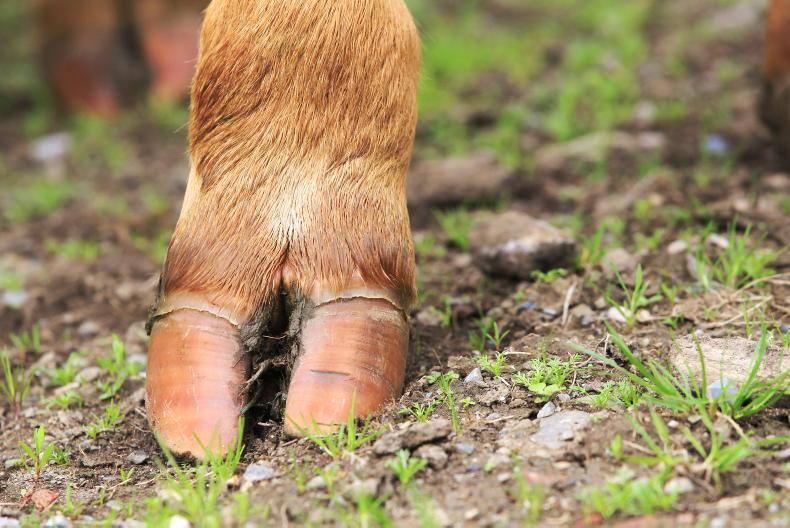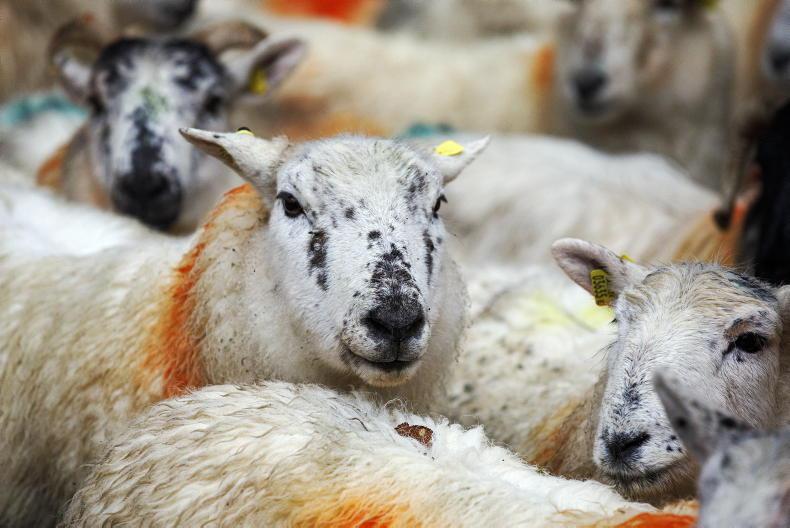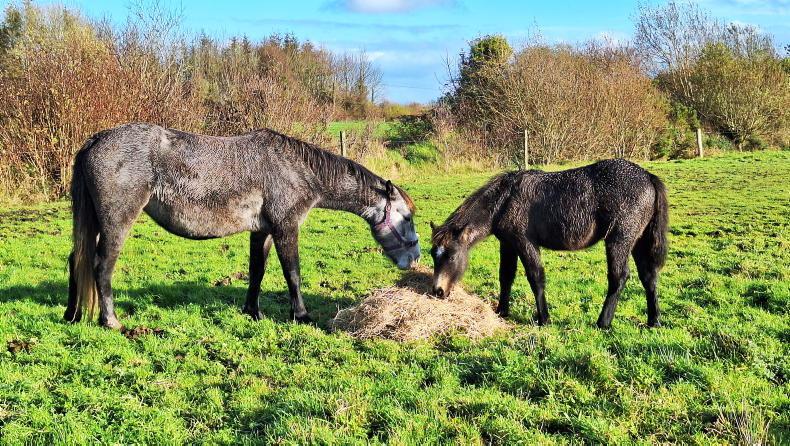The NI Audit Office (NIAO) has released a report which is critical of how public sector bodies have responded to concerns about the use of “misrepresented” soil analysis results to support farm-related planning applications.
The inquiry by the NIAO was initiated after an unnamed member of the public highlighted the lack of ownership around who should take a lead in investigating potential fraud.
That potential fraud was uncovered by an officer within the NI Environment Agency (NIEA) back in October 2022, who had looked into soil sample results included in a nutrient management plan to support a planning application.
These nutrient plans allow planning applicants to demonstrate they can deal with digestate and manures created as a result of their new build.
The NIEA official became suspicious of soil samples which had “notably low Phosphorus results”. They contacted the soil analysis laboratory in England to cross-check records and discovered multiple issues, with results either fabricated in their entirety or changed without the knowledge of the lab.
Subsequent investigations have identified 108 farm planning applications (eight anaerobic digestors and 100 livestock sheds) that have been supported by misrepresented soil results. A total of 3,461 false soil samples have been submitted dating back to 2015, when NIEA introduced the requirement for nutrient management plans.
Alerted
NIEA is a statutory consultee to planning authorities, with local councils determining whether applications are approved and the Department for Infrastructure (DfI) responsible for overall planning policy.
In November 2022, NIEA alerted the various bodies involved in planning about its findings around potential fraudulent soil samples.
The NIEA also made clear that given it is only a statutory consultee to planning, the wider issue was for local councils to investigate.
However, some councils were slow to initiate a formal response, with the NIAO also critical of DfI for not taking an oversight role to ensure action was taken.
“It is essential that the planning system commands public confidence and in our view that confidence has been undermined as a result of the response to this issue by the NI public sector generally,” concludes the NIAO report.
It also calls on DfI and the local councils, with support of NIEA, to undertake a full review to establish whether any further actions are required and to ensure any lessons learned are passed on to all planning authorities.
When it comes to soil analysis results supporting new planning applications, the NIAO has recommended that NIEA should do its own independent soil sample testing at a level which will “provide adequate assurance over the integrity of all soil analysis reports”.
Teagasc
Similar concerns about farm planning in NI were raised by Teagasc in 2021, who discovered that a number of applications for poultry sheds were supported by falsified documents purporting to come from them. These documents claimed that manure from the sheds would be spread in the Republic of Ireland.
“It appears lessons were not learned from the 2021 incident,” states the NIAO report.









SHARING OPTIONS